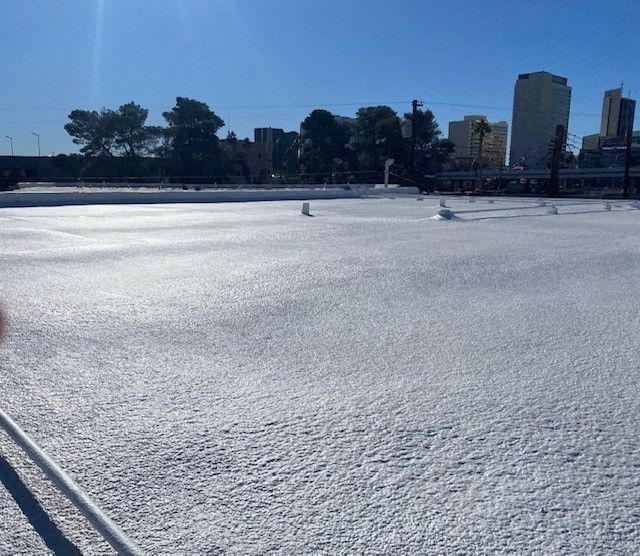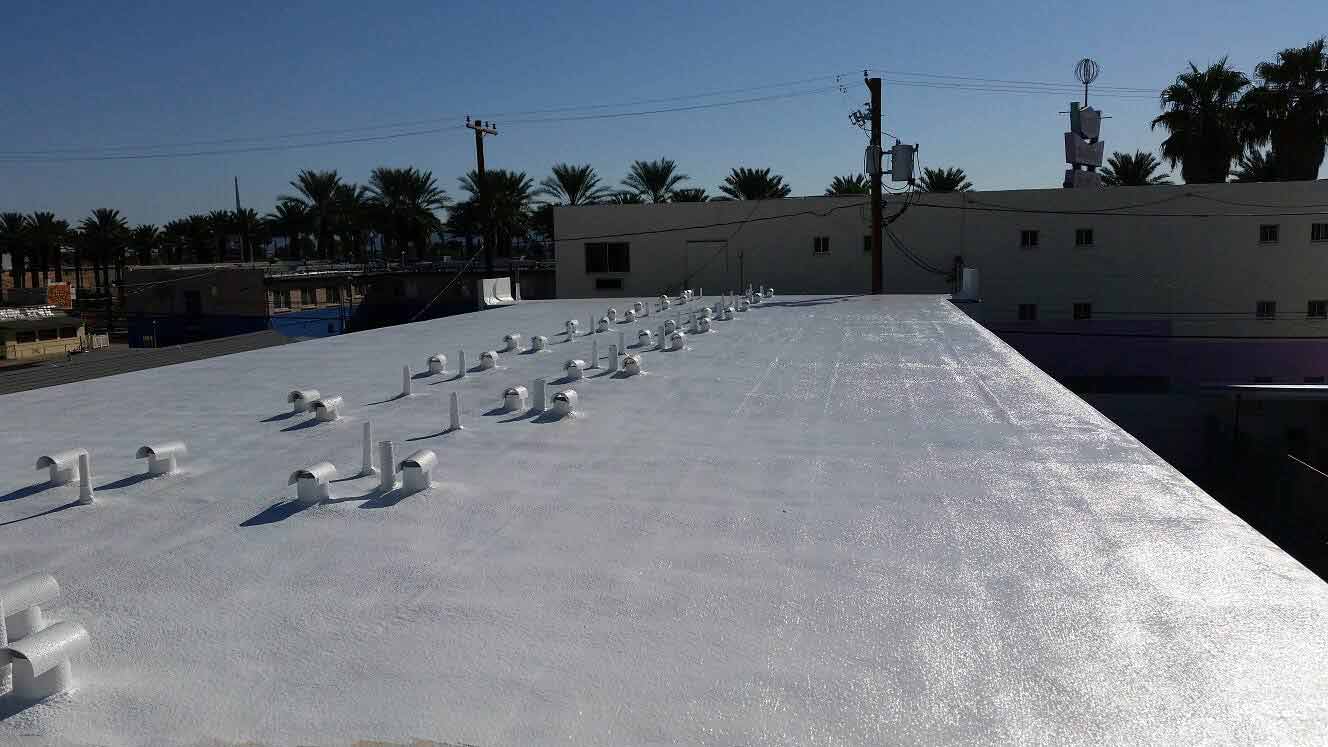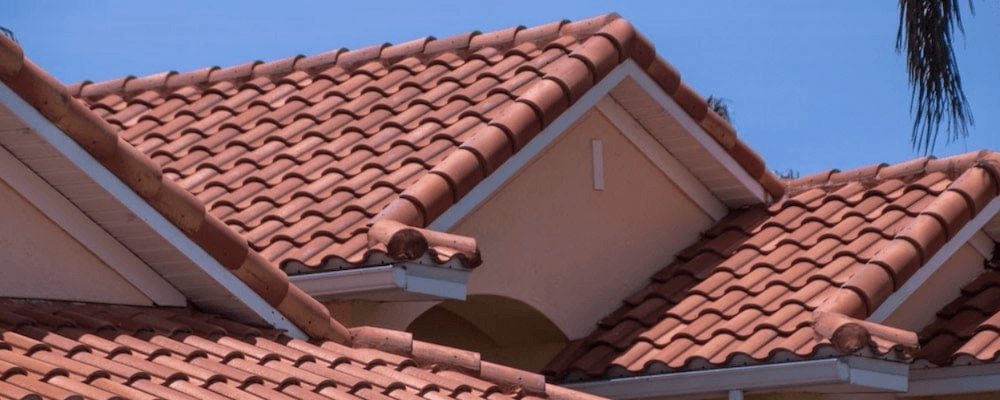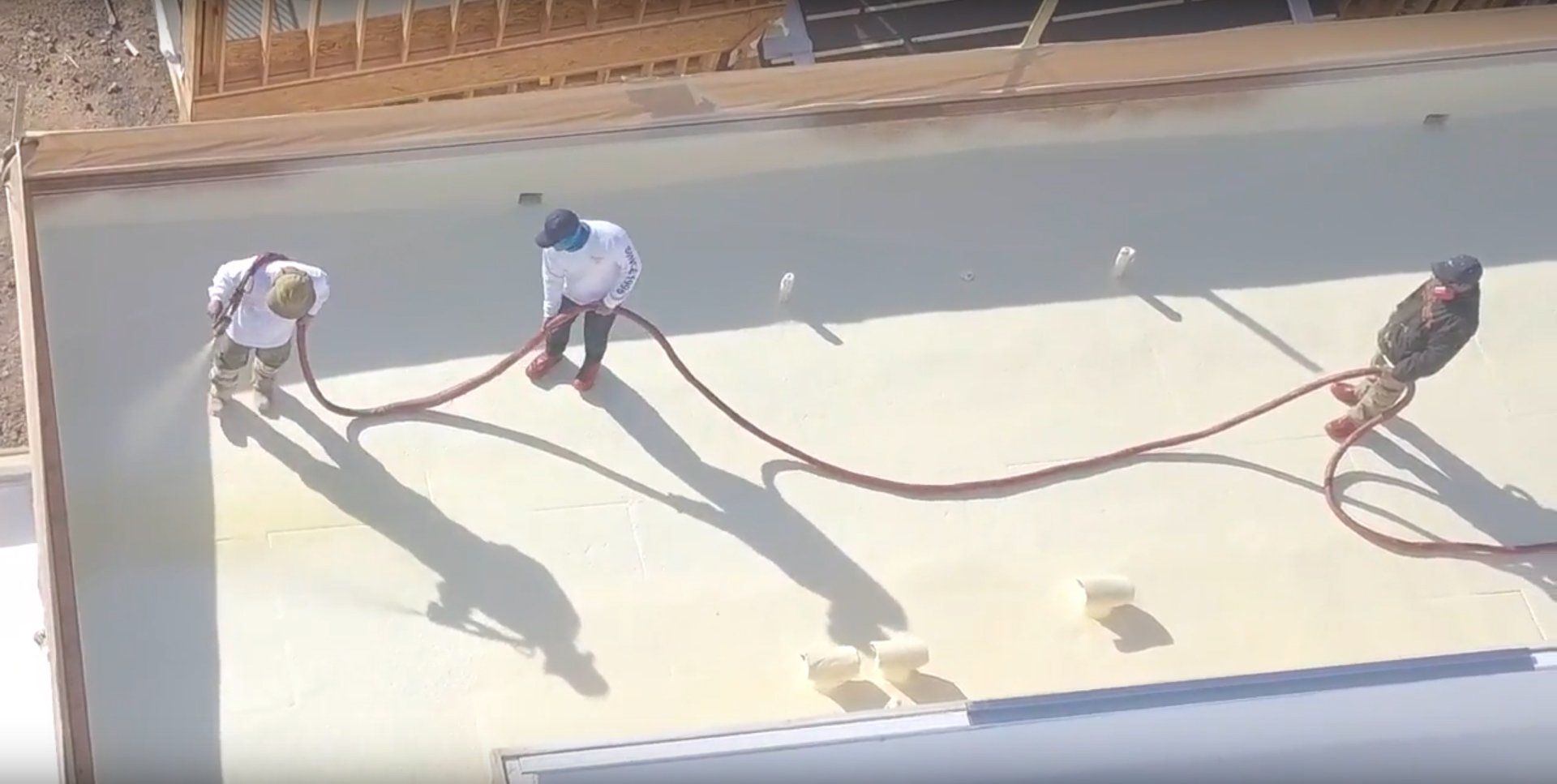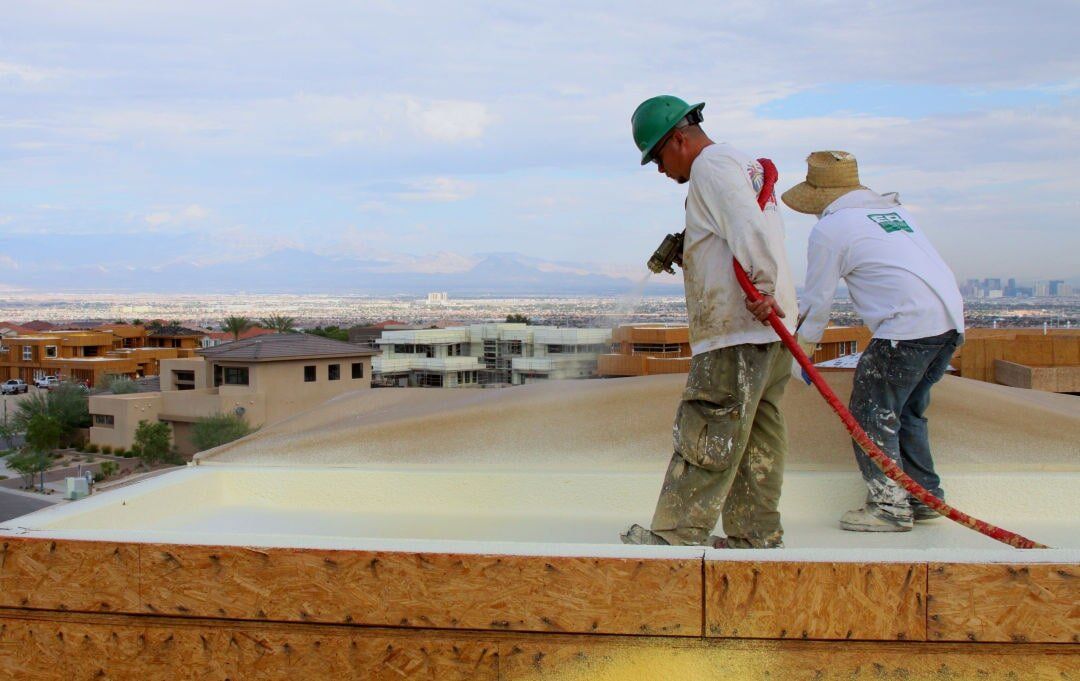When to Get Your Roof Inspected: Key Times and Signs You Shouldn't Ignore
Why getting your roof inspected yearly is an important part of home maintenance!
Maintaining a healthy roof is crucial for protecting your home and ensuring its longevity. Regular roof inspections can save you from costly repairs and unexpected issues. But how do you know when it's time to schedule an inspection? In this blog post, we’ll outline the key times and signs that indicate you should get your roof inspected. Whether you're a homeowner or a property manager, this guide will help you stay ahead of potential problems and keep your roof in top condition.
Why Regular Roof Inspections Matter
A roof inspection is an essential part of home maintenance. It helps identify potential issues before they escalate into significant problems. Regular inspections can extend the lifespan of your roof, improve energy efficiency, and prevent costly repairs or replacements.
When to Schedule a Roof Inspection
- After Severe Weather Events
- Heavy Rain, Snow, or Hail: Severe weather conditions can cause significant damage to your roof. After heavy rain, snow, or hail, it’s crucial to have your roof inspected for signs of damage such as leaks, missing shingles, or dents.
- High Winds: Strong winds can lift shingles, create gaps, or cause other types of damage. If your area has experienced high winds, scheduling an inspection is a wise precaution.
- Before and After the Changing Seasons
- Spring and Fall: Seasonal changes can be tough on your roof. Inspecting your roof before and after the changing seasons helps address any wear and tear and prepares your roof for the next season’s challenges.
- Winter Preparation: Before winter arrives, ensure your roof is ready to handle snow and ice. An inspection can help identify issues like clogged gutters or damaged flashing that could lead to ice dams and water damage.
- If You Notice Roof Leaks or Water Stains
- Interior Leaks: If you spot water stains on your ceilings or walls, it’s a clear sign that there may be an issue with your roof. Leaks can be caused by damaged shingles, faulty flashing, or other issues that need immediate attention.
- Exterior Signs: Check for missing or damaged shingles, cracked tiles, or signs of mold on your roof’s surface. These can indicate leaks or potential problems that require inspection.
- When Your Roof is Aging
- Roof Age: Most roofing materials have a lifespan of 20-30 years. If your roof is approaching or has surpassed its expected lifespan, schedule an inspection to assess its condition and plan for any necessary repairs or replacements.
- Shingle Granules: If you notice an increase in granules in your gutters or downspouts, it could be a sign that your shingles are deteriorating. An inspection can determine if your roof needs attention or replacement.
- If You’re Buying or Selling a Home
- Real Estate Transactions: If you’re buying or selling a home, a roof inspection is a crucial step in the process. For buyers, it ensures you’re aware of any existing issues. For sellers, it can help you address problems before listing and avoid potential negotiations or price reductions.
- Every 1-2 Years
- Routine Inspections: Even if you don’t notice any obvious issues, scheduling a professional roof inspection every 1-2 years is a good practice. Regular inspections help catch minor problems before they become major issues and maintain the overall health of your roof.
Signs That Indicate You Need a Roof Inspection
- Visible Damage: Cracked, curling, or missing shingles, damaged flashing, or moss growth are signs that your roof may need inspection.
- Increased Energy Bills: If you notice a sudden increase in your energy bills, it could be due to poor insulation or leaks in your roof affecting your home’s energy efficiency.
- Sagging Roof Deck: A sagging or uneven roof deck can indicate structural issues that require immediate attention from a professional.
- Gutter Issues: If your gutters are frequently clogged or overflowing, it could be due to roofing problems such as debris buildup or improper installation.
Conclusion
Regular roof inspections are essential for maintaining the health and longevity of your roof. By scheduling inspections after severe weather events, seasonal changes, or when you notice signs of damage, you can prevent costly repairs and ensure your roof continues to protect your home effectively.
If you’re due for a roof inspection or suspect your roof may need attention, contact our team of experienced professionals today. We offer thorough roof inspections and reliable repair services to keep your home safe and secure. Don’t wait until minor issues become major problems—schedule your roof inspection now!
